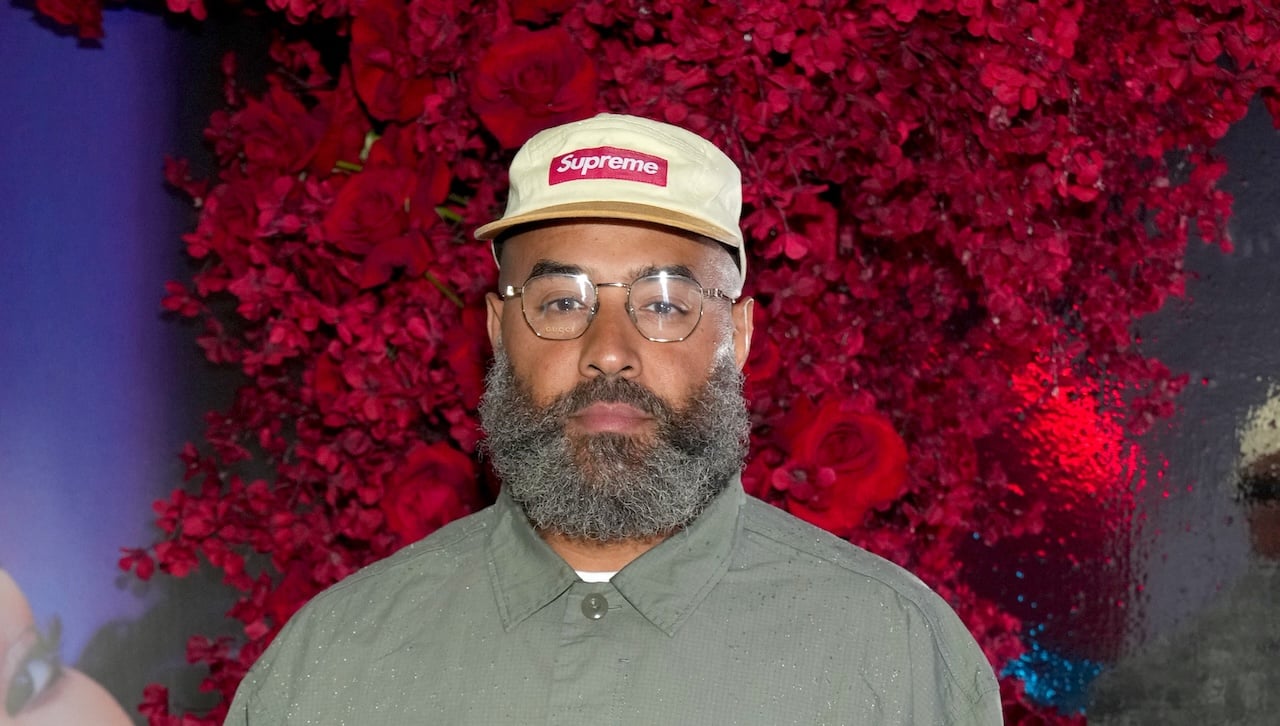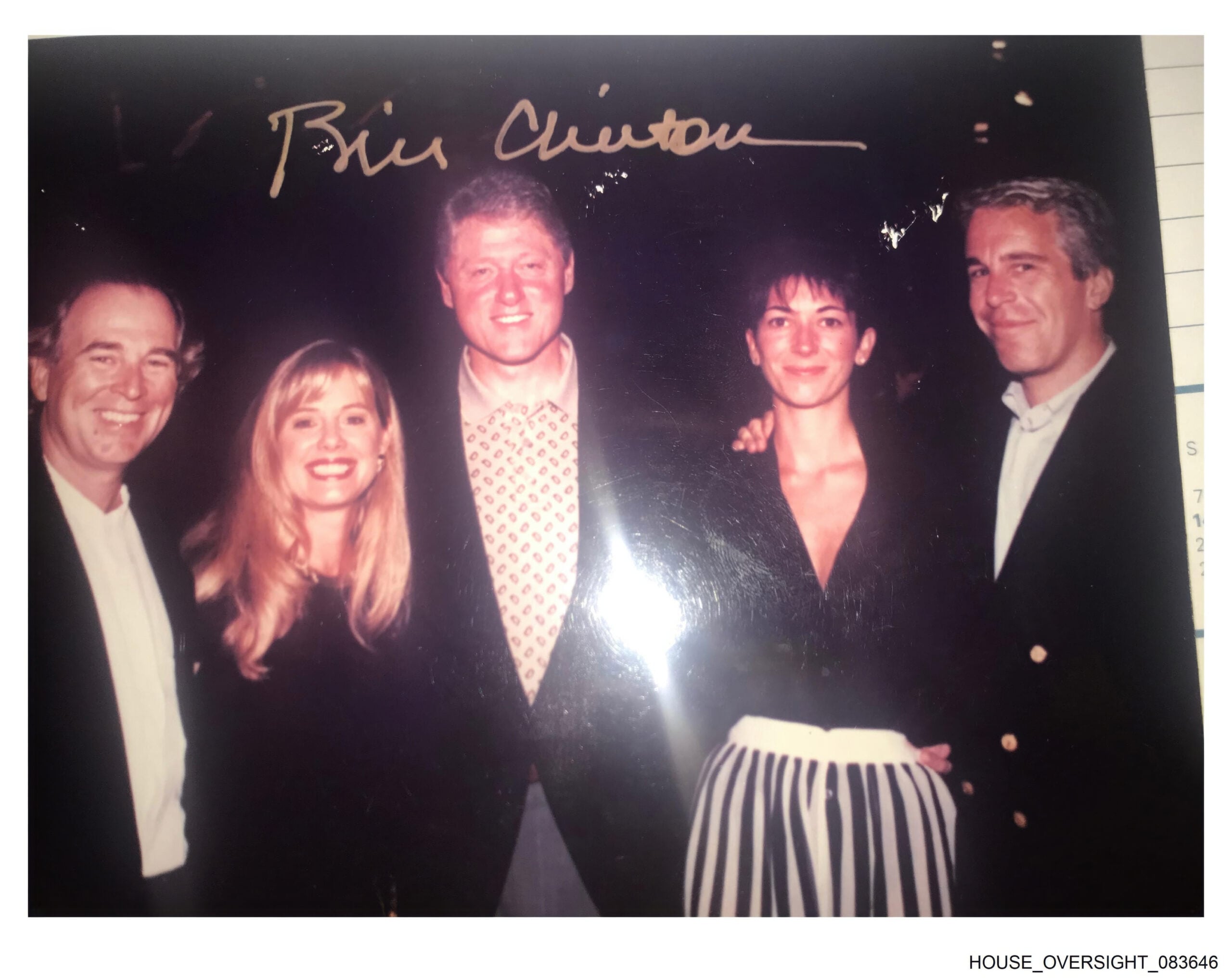Peloton’s business model was brand new when it came out. Take a whole bunch of successful fitness instructors and livestream their classes directly to the people who would want to take them, and suddenly their reach goes beyond how many people fit inside a studio. So when sales author Todd Duncan and serial entrepreneur Alex Kutsishin came up with the idea of using the same model to coach salespeople, it just made sense.
Their platform, FUEL Inc., was released to the public last month. FUEL Inc. takes the same concept of Peloton and breaks down courses on sales strategy into microlearning that can be consumed in small pieces. Participants can actively analyze their performance on a leaderboard where they can compete against other learners.
How FUEL Inc. works
When you log into the FUEL platform, you are greeted with lessons to choose from. Although the platform was originally created for salespeople, there are also lessons to help with personal development and leadership.
At the time of writing, there are 12 instructors with 12 unique courses available, including a social media course focused on video production from Josh Pitts of Shred Media and a course on empowering buyers with information called “Mastering the Buyer Consultation” from Denise Donoghue of The Mortgage Nerd Academy. Each lesson is about three minutes long and followed by a knowledge check.
“Our technology actually stops the video [to test] for the person’s knowledge, because we all know that learning is not the answer,” says Duncan. “Learning is part of the answer… knowledge is power.”
Fueling sales through self-competition
Duncan and Kutsishin saw the opportunity for a collaboration because they shared a vision of “democratizing learning.”
“Many people can’t learn because they don’t have access to learning, or can’t learn because the learning is one-size-fits-all, or can’t learn as they have to sit in a seminar. Then [there’s] the unfairness of people coming into a business… and needing a whole different kind of learning than somebody who might be a 10-year veteran or 15-year veteran that needs a reset.”
Traditional learning, according to Duncan and Kutsishin, is not designed around the unique learning needs people have or the practicalities of how business functions today. There’s not much that can be accomplished by attending a conference once a year, and technology has made it easier to spend less time on more things.
“We feel that traditional learning is broken,” says Duncan. “We feel that the micro-modality is going to give a leg up for companies to help equip their people to be the best versions of themselves.”
Having the opportunity to see and beat your own personal records—like Peloton users can—adds an element of challenge that could engage many learners.
“You can pretty much measure everything that would be important to you about learning a skill that you want to go about executing,” says Duncan. “And, all the time, you’re competing against yourself. And so, [good salespeople] are gonna get equipped, and they want to compete [with] themselves. They’re never done trying to break their own records.”
The fuel of joyful accountability
The sports metaphor is one that is often applied in business, but Kutsishin insists there is a good reason for this.
“The sports model has perfected accountability and autonomy,” he says. “[The] professional sports autonomy and accountability model works like this… so, let’s say, you play for a professional team—sports team—whatever it is, you are accountable to the team.”
There’s no place on a professional team for people who don’t want to work with the rest of the team. Athletes who play sports have to come to practices and also understand what the whole picture looks like between knowing the plays, the coaches and the other players.
“You can’t just be like, ‘I’m really good. I’ll see you at every game, but I’m not coming to practices’… that doesn’t work in professional sports and organized sports at all. And so, the accountability is that you play for the team,” says Kutsishin.
If a company decides to buy FUEL Inc. for their salespeople, they can track whether they are completing the lessons and obtaining the knowledge and skills meant to be developed.
“I think we’ve solved a repositioning of a word that is not very fun to hear when you’re not doing well. And that’s ‘accountability,’” says Duncan. “One of the things that we said early on is we want to create between people—leaders and followers—we want to create this joyful accountability.”
The response so far
Duncan and Kutsishin have been thrilled with the response to FUEL Inc. since they rolled it out in July. They initially envisioned it as a sales app, but have had customers say they felt the skills on the app could be useful for the whole team. And although fifteen companies have already signed up, they are also being discovered by individuals.
“We approach this as enterprise only, but people are finding it and they’re signing up,” says Kutsishin. “It’s the Netflix or the Peloton of personal and career development.”
Photo by PeopleImages.com – Yuri A/Shutterstock.com





